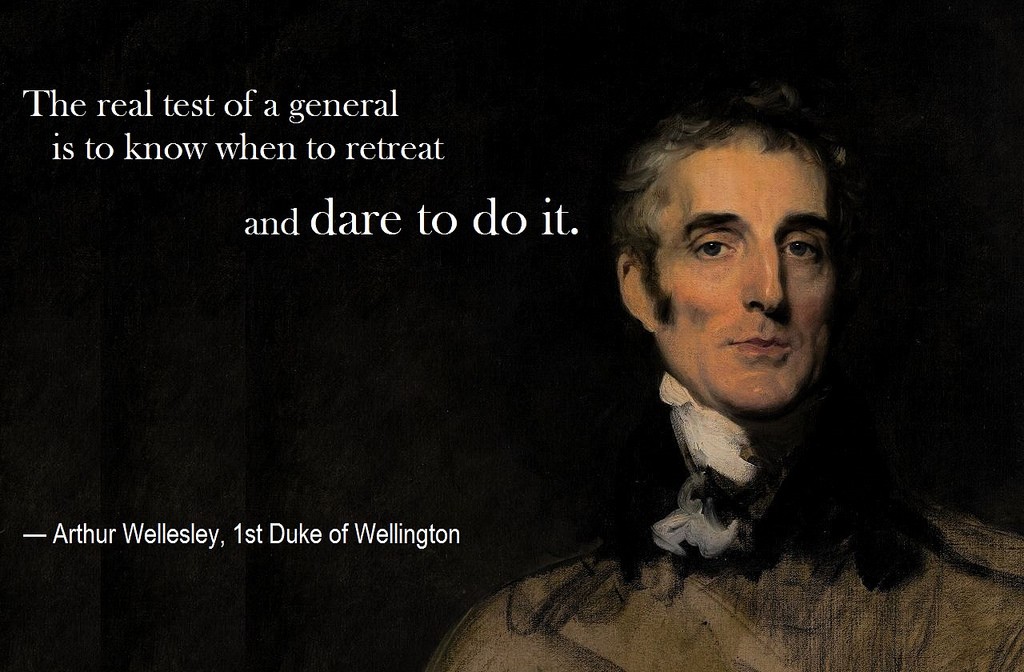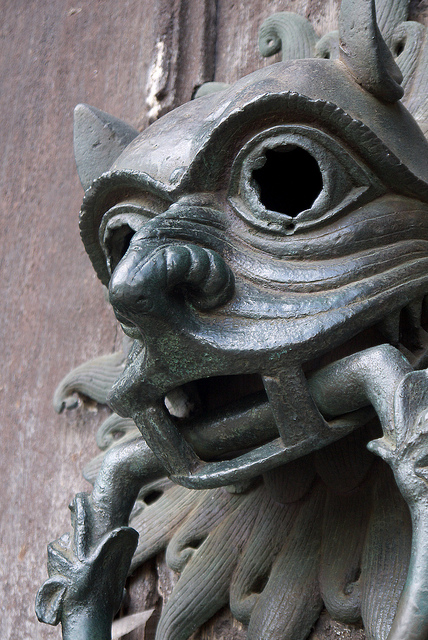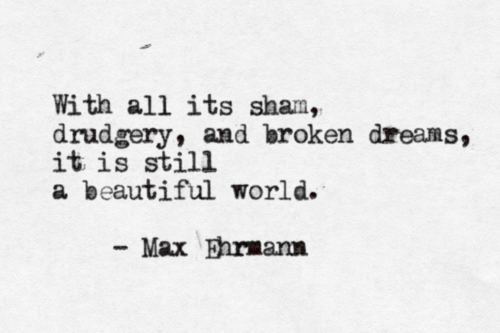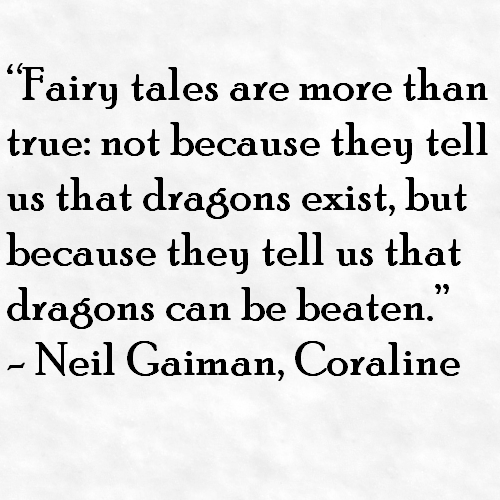 There’s a great deal of cruelty in the news right now. It’s one of the reasons behind my Lenten retreat from social media. Still I can’t escape it altogether. A dear friend has been deeply affected by a child murder close to where she lives. Reality insists on being seen – so why on earth do I chose to write fantasy, to make impossible things up?There are two facets to my answer – one is inward-looking, whereas the second concerns my future readers.
There’s a great deal of cruelty in the news right now. It’s one of the reasons behind my Lenten retreat from social media. Still I can’t escape it altogether. A dear friend has been deeply affected by a child murder close to where she lives. Reality insists on being seen – so why on earth do I chose to write fantasy, to make impossible things up?There are two facets to my answer – one is inward-looking, whereas the second concerns my future readers.
I think the more imaginative the person, the more distressing the horrors of this world are. Writers and other creators possess empathy – their skins are somewhat on the thin side. Awareness of other people’s troubles doesn’t stay in the head but affects the whole person. I absolutely understand those pleading for FB friends and the like not to show horrible images of cruelty – no matter how well-intentioned.

Sam Saunders
Durham Sanctuary Knocker CC licence
Thus as a reader and a writer, I seek refuge. Especially when awful events are close to home, I will be honest and say I do run away into other worlds. I have done this as long as I can remember – and my most beloved sanctuaries have been found in fairy-tales, folklore and fantasy. I find safe places in poetry, radio plays, other people’s stories – and my own work.
Fantasy is escapist, and that is its glory. If a soldier is imprisoned by the enemy, don’t we consider it his duty to escape? – Ursula K. LeGuin
And I am not now ashamed ( I was once). After all, soldiers are also sent for R & R to recover from trauma. They need both rest and recreation – they have to re-create themselves. Holidays from awful situations are true holy days – they make you whole again.

As with over-familiar classical music, it’s hard to take Desiderata seriously – but worth the effort.
That’s where the second aspect appears – I hope to create such an experience for my readers. I hope he will put me right if I’ve got this wrong – but I recall Chris Priestley saying that the last thing he wanted to to read about when he lived on a less-than-ideal council estate was books about that kind of life.
Escapism should not be such a loaded term.
None of the stories I found then or now are about running away for ever. They do not condone evasion or cowardice – but give inspiration, allowing a deep breath before going back into the fray.

From “Born of Hope” a tale of Aragorn’s childhood. Two year old Estel played by Luke Johnston. Directed by Kate Madison. CC
For me, and for many, acts of creation are retort to the troubles that surround us. Even the smallest new thing is an act of hope. I find that optimism in these stories – and I want to pass it on.


A wonderful post. There are so many different kinds of escapism, and I’m so glad you have found and embraced yours.
Lovely to hear from you, Jo.
I think fantasy had me in a bear-hug from the age I could listen to stories!
This is lovely and very true.
Thank you reading and taking the time to comment, Anne.
What a fabulous post. I’ve been thinking about this too recently in preparation for a talk I am giving about reading. On a parallel note, everytime there’s a discussion about diversity somebody always argues that he didn’t need to see himself reflected in stories as a child because he only read to escape. Imagine being a child reader who reads to escape and yet none of the characters finding amazing new worlds through magical portals and going on fantastical journeys ever looked like you. You would be that person trapped in a different kind of prison not allowed to take part in adventures. Thank you for your always thought provoking posts.
Thank you for your thoughtful comments, Candy. Yo have an important point there. Although it’s a relatively small thing, I was always delighted by northern dialect in books – for that very reason.
Philippa
I really enjoyed and empathised with your post, Philippa. Writing may be the one – certainly one of just a few – jobs that you can’t ‘muscle up’ or build calluses that make it easier and thank goodness because what kind of writers would we be if we went around wearing armour? But it does leave us dreadfully open and ‘someplace else’ is such a welcome bit of shelter for a little while.
Nice to hear from you here, Susan – welcome and thank you for your thoughtful comments.